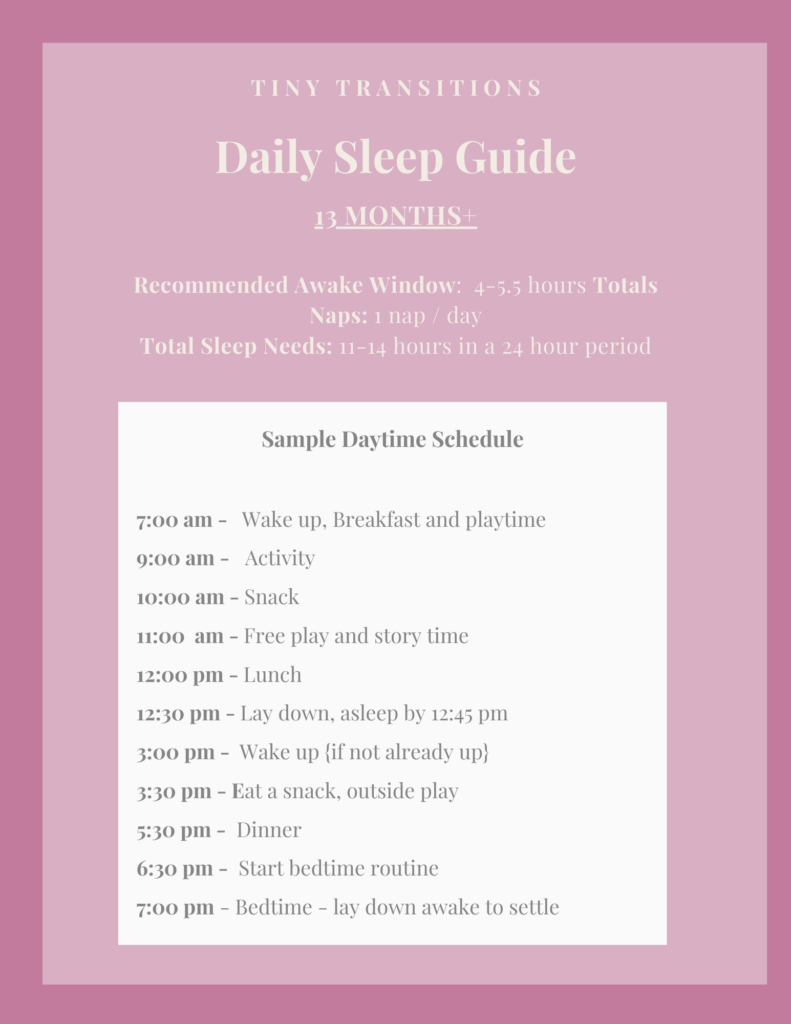As parents, we all want our little ones to be healthy, happy, and well-rested. However, sometimes our babies and toddlers have other plans in mind, especially when they hit a growth spurt or developmental milestone. The dreaded 15-month sleep regression can be a particularly tough time for both babies and their parents, as sleep disruptions can be expected during this period. If you’re struggling to cope with your child’s sleep regression, don’t worry – you’re not alone! In this post, we’ll discuss the 15-month sleep regression, its causes, and most importantly, how to survive it. So, grab a cup of coffee (or tea), and let’s get started!
What is the 15-month sleep regression?
The 15-month sleep regression is a time when many babies and toddlers experience a change in their sleep patterns. During this time, your child may have a harder time falling or staying asleep, wake up more frequently during the night, or wake up earlier than usual. Other signs of the 15-month sleep regression can include increased fussiness, clinginess, and changes in appetite or mood.
While every child is different, most babies and toddlers undergo a sleep regression around 15 months of age, as their brains and bodies continue to develop and change.
What causes the 15-month sleep regression?
There is no specific cause of the 15-month sleep regression, but many baby sleep experts believe it is related to several factors, including growth spurts, teething, separation anxiety, and developmental milestones.
During this time, your child’s brain is going through significant changes, and they may have more trouble settling down or self-soothing. Additionally, your child may be more aware of their surroundings and not want to miss out on anything, which can lead to more nighttime wake-ups.
What is the ideal nap schedule for my 15-month-old, and could that cause a sleep regression?
The ideal sleep schedule for a 15-month-old typically includes 11-12 hours of sleep at night and a 1 nap schedule with 2-3 hours of daytime sleep, usually in one mid-day nap. The recommended bedtime for a 15-month-old is between 7:00-8:00 pm. However, every child is different, and their sleep needs may vary. Observing your child’s behavior and adjusting their sleep schedule is essential.
Below is an example of a day we love to follow with our sleep coaching clients for this age. You can adjust out by 1 hour as far out at 8 PM but I would not recommend any later than that, you are risking over-tired. In addition, the body clock {circadian rhythm} and ☀️ will ultimately have kids this age waking between 6:00am and 8:00 am and much past that is hard to ever achieve and still get the right total sleep in a day for a child at 15 months old.

How do you survive the 15-month sleep regression?
If your child is going through the 15-month sleep regression, don’t worry – there are several things you can do to help them (and you) get some much-needed rest. Here are some tips and tricks to try:
- Stick to a consistent bedtime routine: Having a predictable bedtime routine can help your child feel calmer and more relaxed before bed. Try to keep the routine the same every night, even if it means doing it in a different location (such as when traveling).
- Create a soothing sleep environment: Ensure your child’s sleep space is cool, dark, and quiet. You can also try using a white noise machine or blackout curtains to help create a more peaceful environment.
- Use a lovey or security item: Many children find comfort in having a special stuffed animal, blanket, or other item to snuggle with at bedtime. Just make sure it is safe for your child to have in their crib or bed. We love Warmies for this age as a Tiny Transitions Sleep Coach favorite!
- Offer plenty of comfort and reassurance: If your child wakes up during the night, try to comfort them without picking them up. You can offer soothing words, a gentle touch, or a pat on the back to help them settle back down but avoid doing “too much to sleep.” Many parents might start to offer help, comfort, and support in going back to sleep, which can then create a new “association” or “preference” from your little one. If they get more time with you, even at 3 a.m., then why stop waking for it.
- Don’t give up on naps: Even if your child is going through a sleep regression, they still need their daytime naps. Stick to a consistent nap schedule, even if it means moving the nap earlier or later in the day. We recommend {for a 7pm bedtime} that your child sleep from 12:45 – 3:00pm, to ensure the right balance on hormones so they are not going to bed overtired. – which can make overnight wakings worse.
When to seek help for the 15-month sleep regression?
If your child’s sleep problems persist despite trying these tips, or if you are concerned about your child’s health, it’s always a good idea to talk to your pediatrician. They can help rule out any medical issues and offer advice on supporting your child’s sleep needs, which might also include hiring a sleep coach. Book a complimentary call with our team today if you are curious about how to best proceed with your little one.
The 15-month sleep regression can be challenging for babies and their parents, but it’s important to remember that it’s a normal part of development. By understanding what causes the 15-month sleep regression and implementing some of these tips and tricks, you can help your child (and yourself!) cope with the changes. Remember to be patient and consistent, and offer plenty of love and reassurance during this time – before you know it, your little one will be sleeping like a champ once again!


